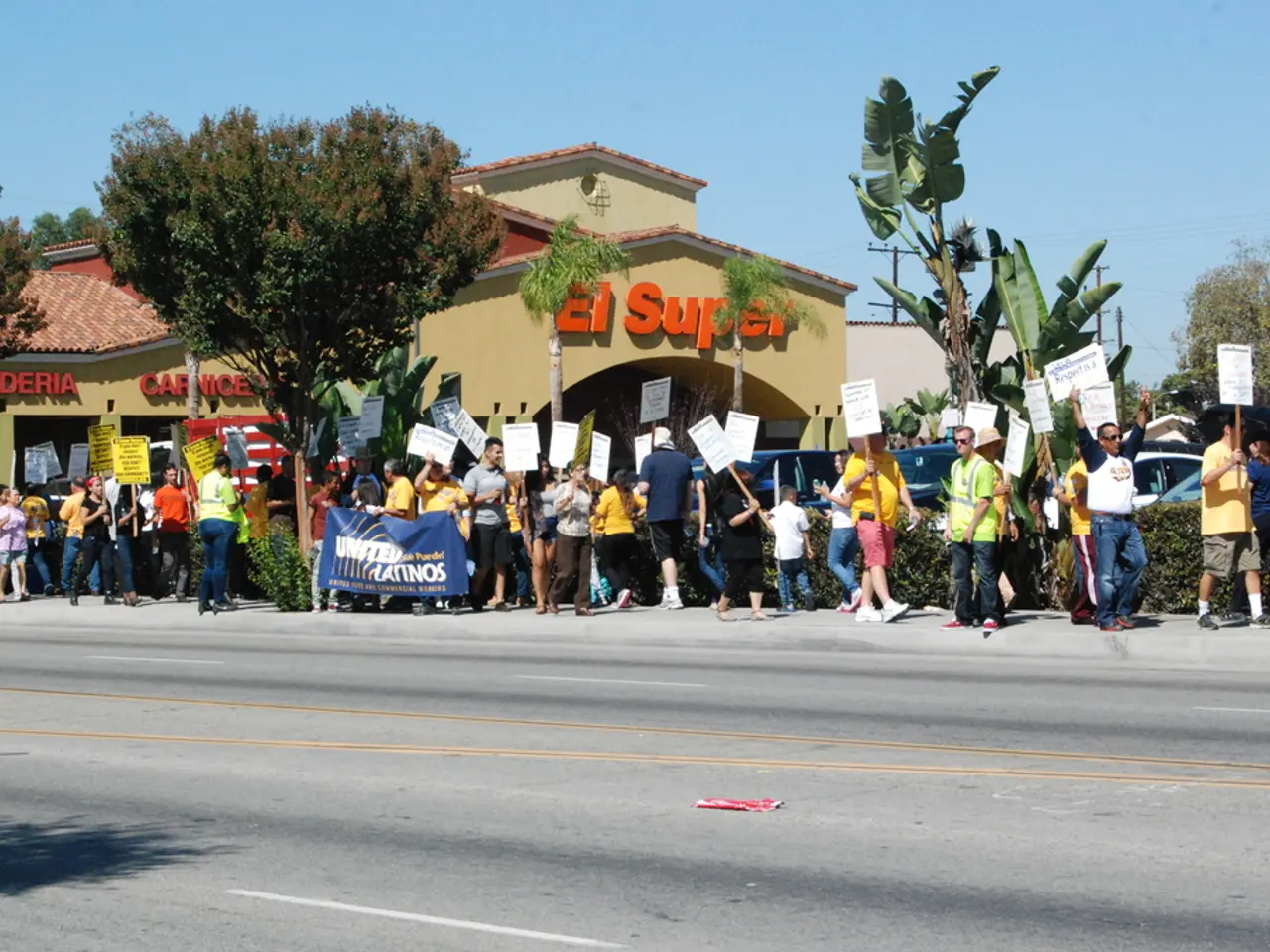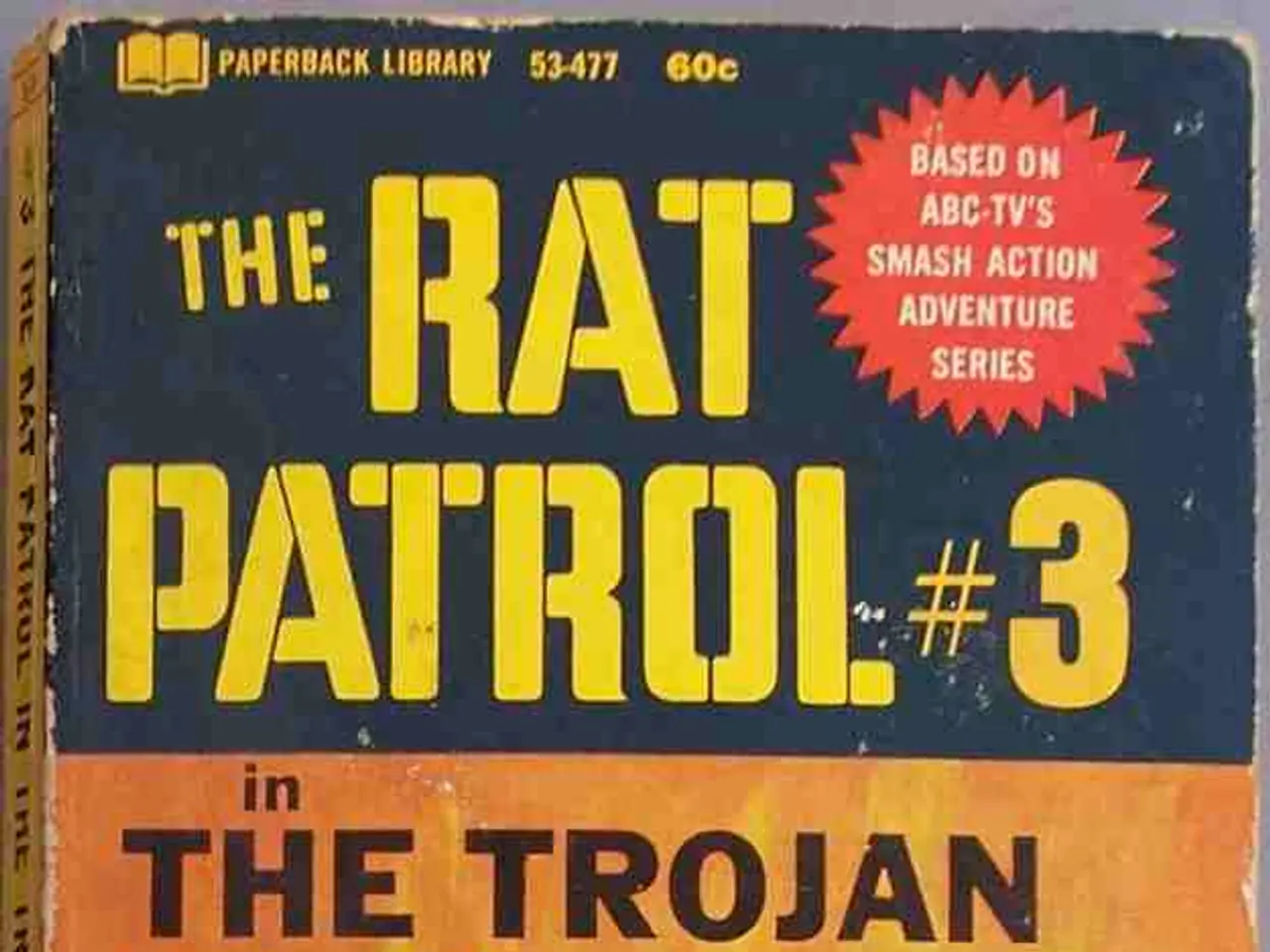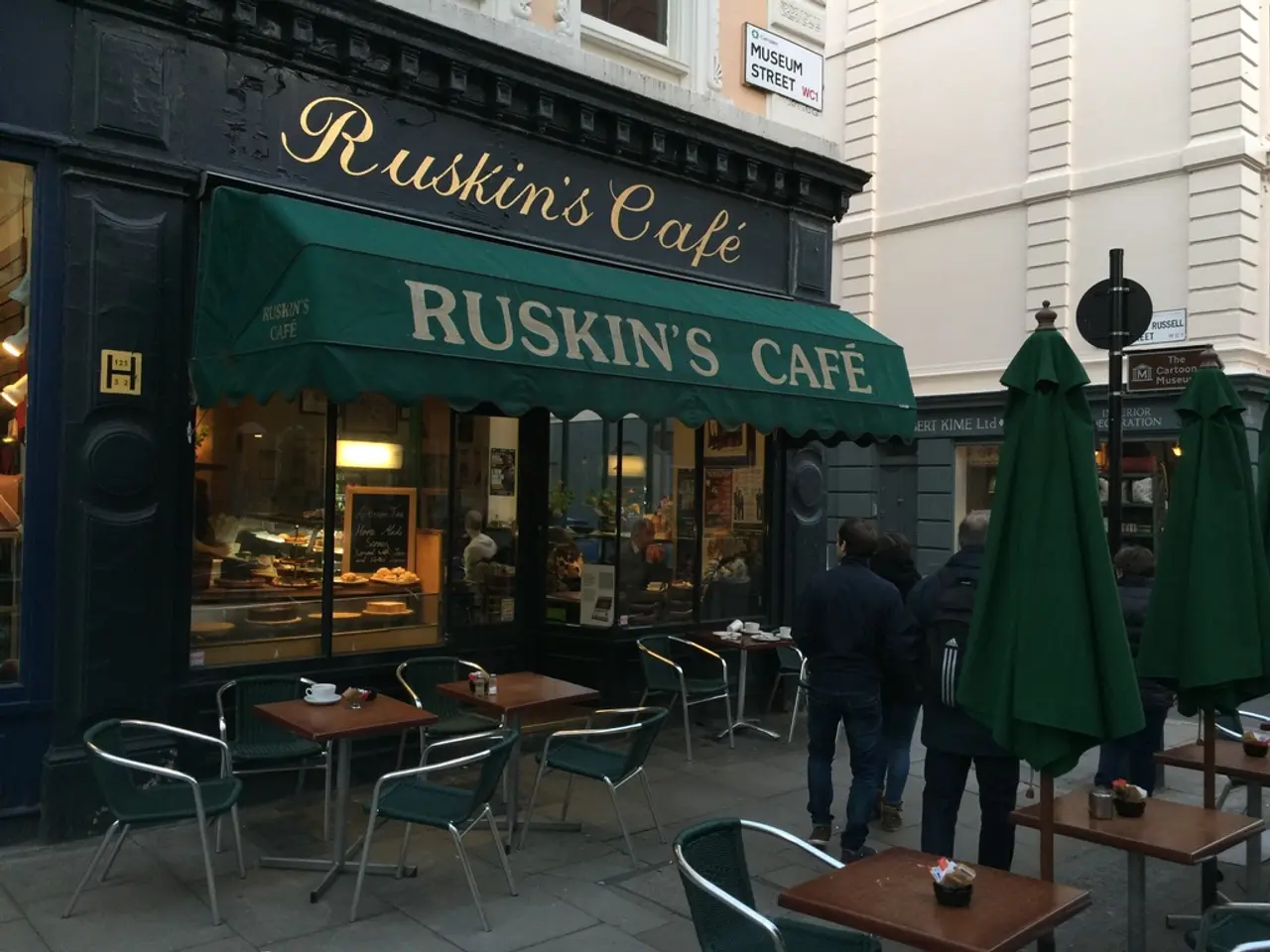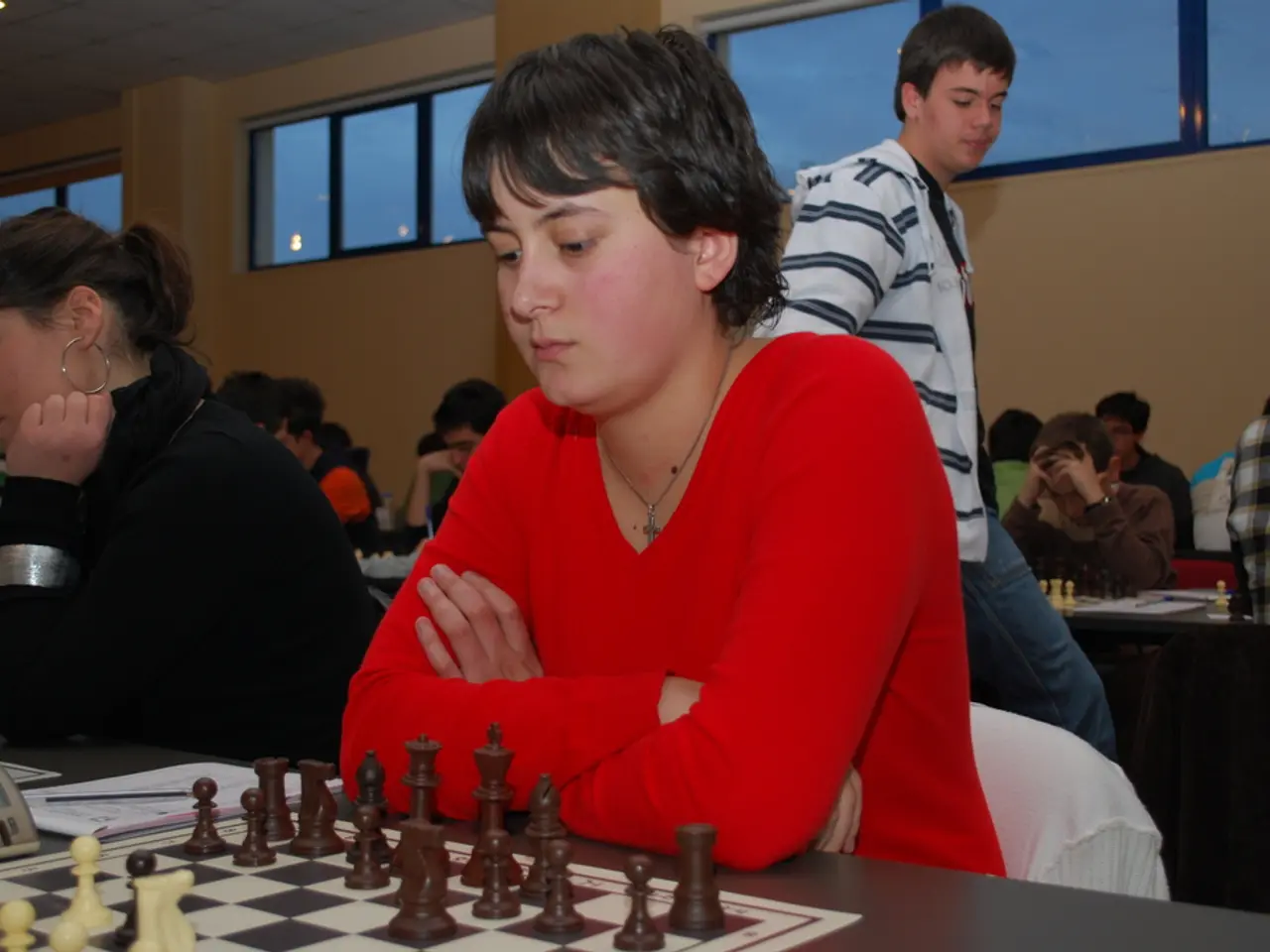"Europe loses negotiation attempt with Iran, as Trump asserts they prefer dialogue with America"
In the chic hotels of Geneva, Switzerland, the Iranian Foreign Minister, Abbas Araghchi, sat down for a chat with his European counterparts – the Germans, British, and French. After several hours of back-and-forth, a smile spread across Araghchi's face as he agreed to rejoin the negotiations table. "The Iranian Foreign Minister showed a keen interest in continuing these discussions on the nuclear program and, more comprehensively, on all topics.", French Foreign Minister Jean-Noël Barrot announced.
Conditions Set by Tehran
But Tehran won't rush into this, no sir. They've got their terms: a cease in the aggression they're currently enduring, and accountability for the crimes committed against them, especially by Israel during their offensive. Across the pond, Donald Trump is casting doubts on American involvement, calling the Europeans' initiative a waste of time. "They can't do a damn thing. Iran doesn't give a toss about Europe; they want to talk to us," says Trump.
So, what's the scoop, you ask? Peep the video up top for the full scoop!
The specific conditions set by Tehran for striking a new nuclear deal with the United States in 2025 include a three-step plan, proposed during the initial round of talks in Muscat, Oman, which goes something like this:
- Iran will temporarily lower its uranium enrichment level to 3.67% in exchange for access to their frozen financial assets in the U.S. and authorization to export their oil.
- Iran will permanently halt high-level uranium enrichment, restore inspections by the UN nuclear watchdog (IAEA), and agree to implement the Additional Protocol, permitting surprise inspections at undeclared sites, on the condition that the U.S. lifts further sanctions and convinces Britain, Germany, and France not to trigger a snapback of UN sanctions.
- The U.S. Congress will officially approve the nuclear agreement, Washington will lift both primary and secondary sanctions, and Iran will transfer its stockpiles of highly enriched uranium to a third country.
Iran reportedly suggested some confidence-building measures, too, like pledging to disarm and freeze activities of regional proxy groups like Hamas, the Houthis, Hezbollah, and Hashd al-Shaabi as part of de-escalation efforts[2].
As for the current U.S. stance under Trump, he re-ignited the "maximum pressure" campaign in early 2025, aiming to force Iran into a new nuclear deal while preventing its nuclear weapons development and challenging its regional influence. The U.S. envoy, Steve Witkoff, praised Iran’s proposals during the first negotiation round, describing the discussions as constructive, but preliminary[2]. The U.S. counter-offer involves allowing Iran to enrich uranium, but only under severe restrictions, such as limiting enrichment concentration temporarily to 3%, dismantling critical nuclear infrastructure, stopping new centrifuge R&D, and promptly implementing the IAEA’s additional protocol[1]. Sanctions relief from the U.S. side would be dependent on Iran demonstrating a real commitment to these terms[1].
So there you have it, folks! Tehran's insisting on a gradual approach with reciprocal sanctions relief tied to nuclear rollback and transparency, while the U.S. under Trump is leaning towards pressure tactics, but isn't opposed to Iran's cooperation provided it abides by stringent monitoring and limitations[1][2]. Cheddar-flavored popcorn, anyone?
- The European Union, given that the Iranian Foreign Minister agreed to rejoin the negotiations table, may need to adopt a policy-and-legislation that addresses the specific conditions set by Tehran for striking a new nuclear deal in 2025.
- In light of the political standoff between Iran and the United States over nuclear negotiations, general news outlets are closely following the developments in the politics of both nations and the policy-and-legislation that could potentially be enacted as a result.








